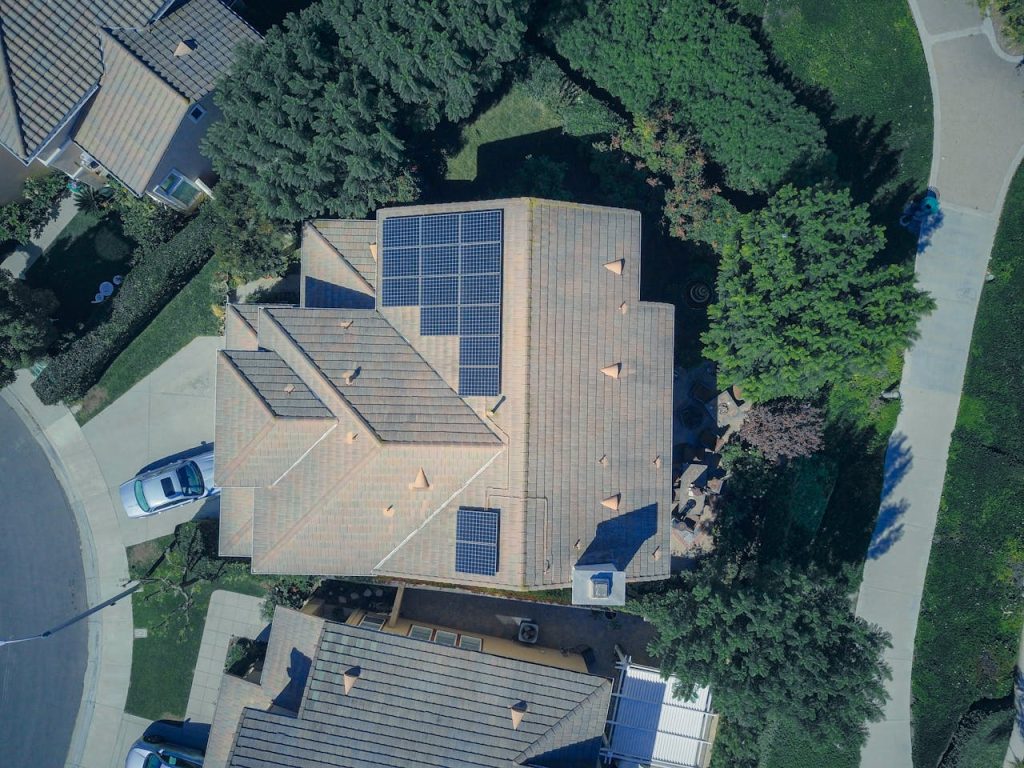
Image Source: unsplash.com
Buying a home is one of the biggest financial decisions you’ll ever make, and every detail matters—including whether the house comes with a solar lease. As solar panels become more popular, more homes on the market have existing solar leases attached. While lower energy bills and a greener lifestyle are appealing, a solar lease can introduce unexpected twists to your home buying journey. If you’re not careful, you could end up with more complications than you bargained for. Understanding the ins and outs of a solar lease is essential before you sign on the dotted line.
So, what exactly can happen if you buy a home with a solar lease? Let’s break down the five most important things you need to know, so you can make a confident, informed decision.
1. You May Inherit the Solar Lease—And Its Terms
When you buy a home with a solar lease, you’re not just getting the house—you’re also taking on the existing solar lease agreement. This means you’ll be responsible for the monthly payments, maintenance obligations, and any other terms set by the solar company. Unlike owning solar panels outright, a solar lease is a long-term contract, often lasting 15 to 25 years. Before you fall in love with that sun-powered home, ask the seller for a copy of the solar lease and read it carefully. Look for details about payment amounts, annual escalator clauses (which can increase your payments each year), and what happens if you want to buy out the lease early.
It’s also wise to check if the solar lease is transferable and whether the solar company requires a credit check or approval process for new homeowners. Some buyers have been caught off guard by strict transfer requirements or hidden fees. Understanding the lease terms is crucial to avoid surprises down the road.
2. Selling the Home Later Can Get Complicated
A solar lease can make selling your home more challenging. Potential buyers may hesitate to take on a lease they didn’t negotiate, especially if the terms aren’t favorable or the payments are high. Some buyers may even walk away from the deal if they’re uncomfortable with the solar lease, limiting your pool of interested buyers and potentially lowering your home’s resale value.
If you plan to sell in the future, be prepared to explain the benefits and obligations of the solar lease to prospective buyers. You might need to offer incentives, such as covering a portion of the remaining lease payments or negotiating with the solar company to transfer the lease smoothly. According to Consumer Reports, homes with solar leases can take longer to sell compared to those with owned solar panels.
3. Your Mortgage Approval Could Be Affected
Did you know that a solar lease can impact your ability to get a mortgage? Some lenders view solar leases as additional debt, which can affect your debt-to-income ratio and, in some cases, your loan approval. The lease payments may be factored into your monthly obligations, potentially reducing the amount you can borrow or even disqualifying you from certain loan programs.
It’s important to talk to your lender early in the process and provide them with all the details about the solar lease. Some lenders are more familiar with solar leases than others, so working with a mortgage professional who understands these agreements can make a big difference. If you’re using a government-backed loan, such as an FHA or VA loan, be aware that there may be additional requirements for homes with solar leases. The Federal Housing Administration has specific guidelines for properties with leased solar panels, so ensure you comply before moving forward.
4. You Might Not Get All the Energy Savings You Expect
One of the main reasons people are drawn to homes with solar panels is the promise of lower energy bills. However, the savings aren’t always as significant as you might hope with a solar lease. Lease payments can sometimes offset much of the energy savings, especially if the lease includes annual payment increases. Additionally, if your household’s energy usage is lower than the system’s output, you may not fully benefit from the solar power generated.
Reviewing the home’s past utility bills and comparing them to the solar lease payments is a good idea. Ask the seller for at least a year’s worth of energy statements to get a clear picture of the actual savings. Remember, the solar lease company’s projections may be optimistic, so rely on real numbers whenever possible. If you’re hoping to maximize your energy savings, consider whether buying a home with a solar lease is the best option for your financial goals.
5. Maintenance and Repairs May Not Be Your Responsibility—But Read the Fine Print
One potential advantage of a solar lease is that the solar company typically handles maintenance and repairs. This can save you time, money, and hassle if something goes wrong with the system. However, reading the lease carefully is important to understand exactly what’s covered. Some leases include comprehensive maintenance, while others may have exclusions or require you to pay for certain repairs.
If a storm or other event damages the solar panels, find out whether your homeowner’s insurance or the solar company is responsible for repairs. Clarify who pays for removal and reinstallation if you need to replace your roof. Knowing these details upfront can help you avoid unexpected costs and keep your home running smoothly.
Making a Smart Move with a Solar Lease
Buying a home with a solar lease isn’t necessarily a bad idea, but it does require extra diligence and a clear understanding of what you’re signing up for. You can decide whether it fits your financial goals and lifestyle by carefully reviewing the lease terms, talking to your lender, and weighing the pros and cons. Remember, a solar lease can offer benefits like predictable energy costs and professional maintenance, but it can also introduce selling, financing, and actual savings complications. The key is to go in with your eyes wide open and ask plenty of questions.
Have you ever bought or sold a home with a solar lease? Share your experiences or questions in the comments below!
Read More
First Time Home Buyer? Here’s Your Guide to the Home Loan Process
8 Hidden Costs of Buying a Home

Travis Campbell is a digital marketer/developer with over 10 years of experience and a writer for over 6 years. He holds a degree in E-commerce and likes to share life advice he’s learned over the years. Travis loves spending time on the golf course or at the gym when he’s not working.


